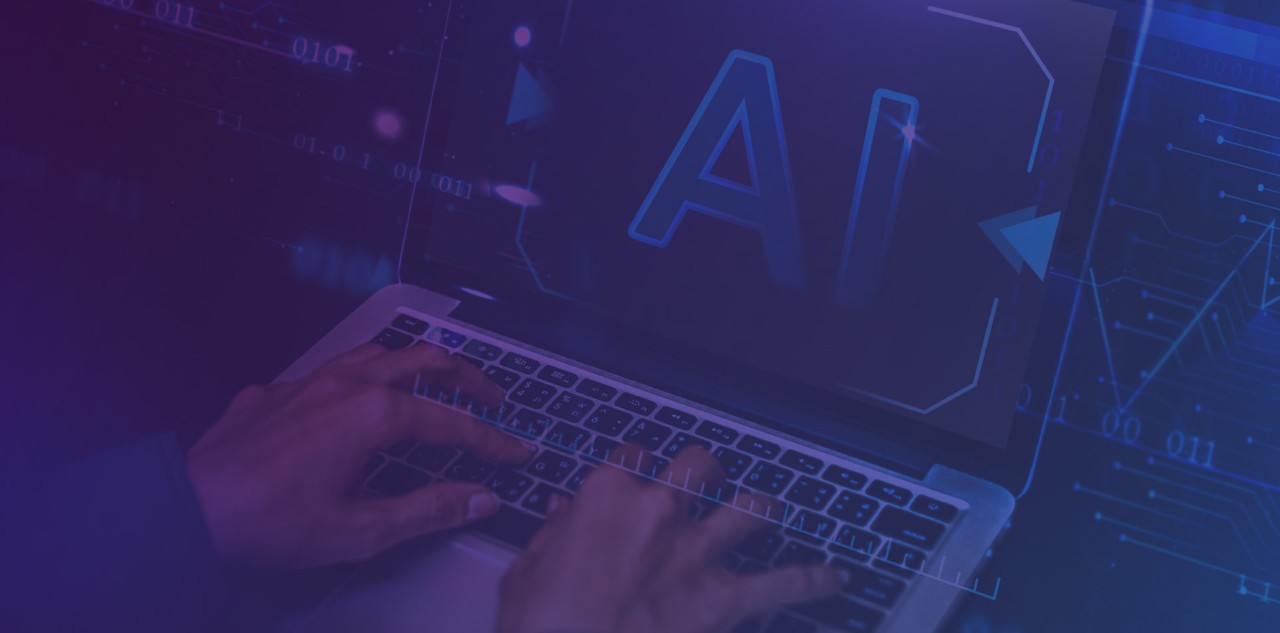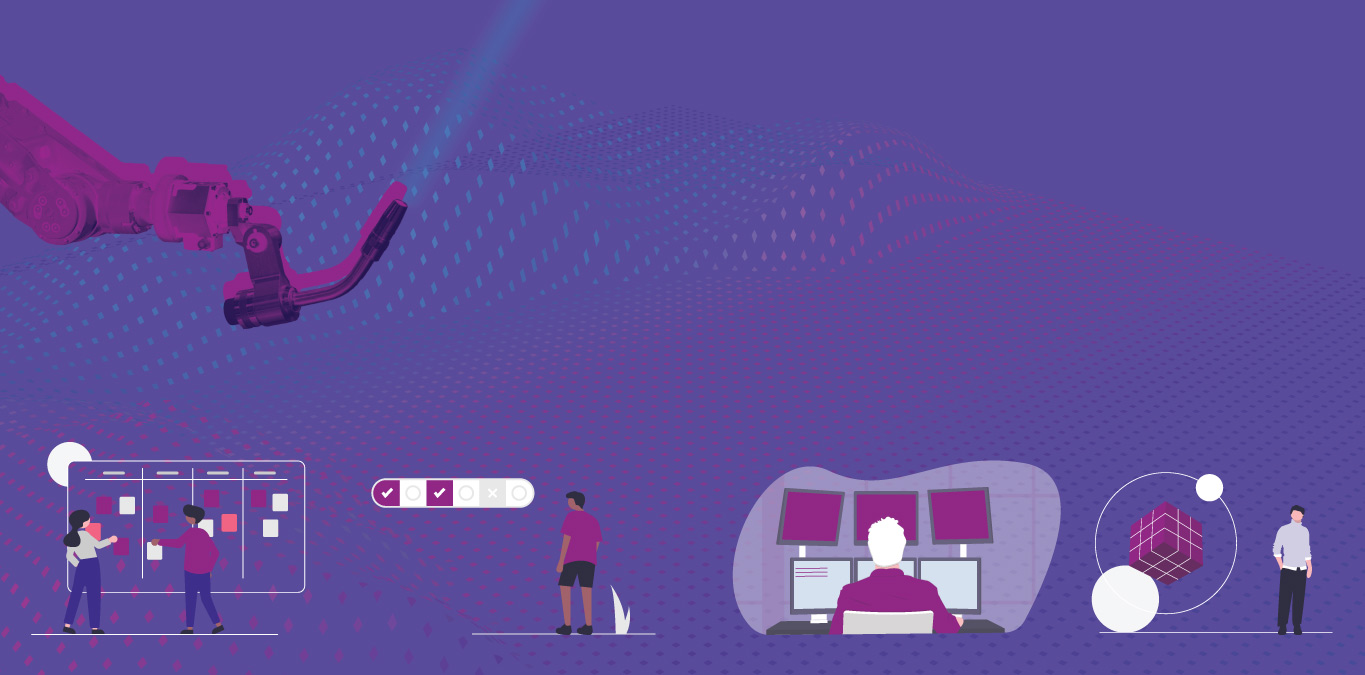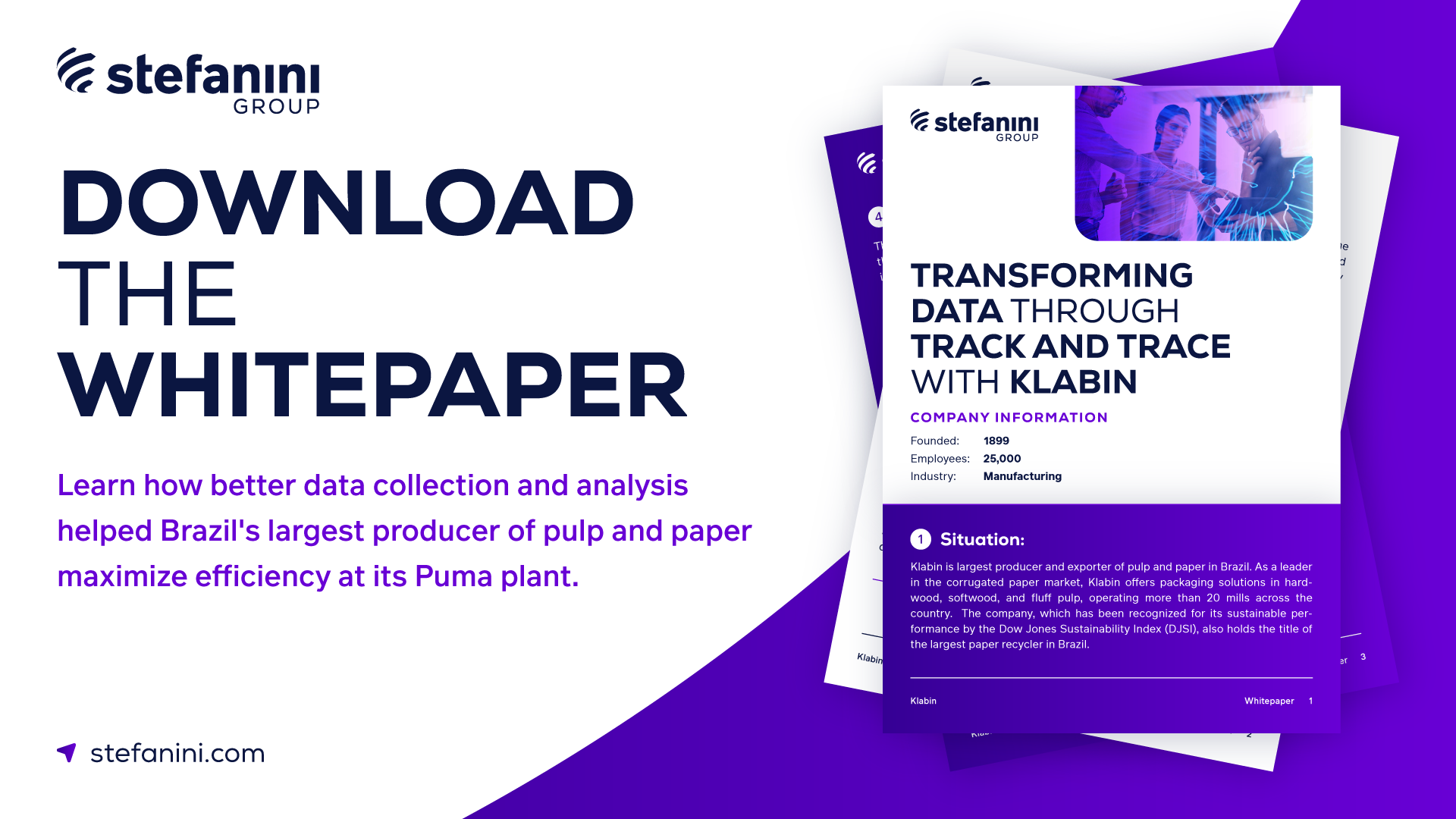Shaking Up the Life Sciences and Healthcare Industry Landscape
By Nagesh Jadhav, Director, Digital Transformation and Innovation HCLS
After all the disruption by digital technologies like Cloud, Big data, Analytics, and Social, the next wave of transformation will be through rapidly advancing Artificial Intelligence and Machine Learning technologies. Recently there have been many articles, conferences, and discussions around how AI could transform the life sciences and healthcare industry landscape. The interest and application of AI is relatively faster in healthcare and life sciences as many giant tech corporations like Google, Apple, IBM, Qualcomm, AT&T, GE, Amazon, and Microsoft have shown interest by investing, acquisitions and partnering with life sciences companies in this space. In the life sciences space, an enormous amount of data has been generated and big data is getting bigger and bigger by minute from omics, biomarker research, drug discovery, clinical trials, smart pills and devices, manufacturing supply chain sensors, patient data and from commercial functions.
What is AI?
Artificial Intelligence is the study devoted to making machines intelligent, and intelligence is that quality that enables an entity to function appropriately and with foresight in its environment.
– One Hundred Year Study on Artificial Intelligence (AI100), Stanford University.
The conventional drug discovery and research process is too time-consuming and cost-intensive, with much of manual intervention and resource consumption. Identifying the right target, be it a protein, DNA or RNA, as well as identifying the right leads from an array of compounds is like finding a needle in a haystack. In drug discovery and research, an overwhelming amount of internal data is generated and also gathered from external Pathway databases, genomic, proteomic databases, phenotype expression, gene/ protein sequence expression. These large data sets can be processed through trained AI and recursive training methods to get insights, information, and patterns, and identifying, potential and multiple targets with minimal manual intervention, much faster and accurately.
AI-based Drug Discovery and Research Startups
twoXAR
An artificial intelligence-driven drug discovery company leveraging computational platforms to identify promising drug candidates, validate & de-risk them through preclinical studies, and progress candidates to the clinic through industry and investor partnerships.
Atomwise
Uses Deep Learning Neural Networks to help discover new medicines. Atomwise achieves results for new drug hit discovery, binding affinity prediction, and toxicity detection. Atomwise predicts drug candidates for pharmaceutical companies, startups, and research institutions.
BERG
Uses a data-driven approach to drug discovery. Their software uses AI to process huge amounts of biological data to reveal what happens (in minute detail) on the journey from good health to cancer. This allows better insights, more informed hypothesis, and thus more efficient drug development.
Cloud Pharmaceuticals
Formerly TeraDiscoveries, is a leader in the computational design of new drugs and subsequent rapid, information-driven drug development. The company accelerates the drug discovery and design process in a way that delivers tangible results and true value for partners.
Flatiron Health
A health care technology company and operator of the OncologyCloud platform. Integrating across the entire clinical data spectrum, Flatiron Health allows cancer care providers and life science companies to gain deep business and clinical intelligence through its web-based platform.
Globavir
A specialty biotechnology company with a unique approach to unlocking the potential of the 505(b)(2) regulatory path. Globavir leverages its highly predictive, machine learning GDDP platform, initially developed at Stanford University, to generate small molecule candidates in oncology and infectious diseases.
InSilico Medicine
Develops comprehensive scalable drug knowledge management systems of annotated drugs, small molecules, biologics and all other factors that may influence the many events on the molecular, cellular and tissue levels. The company uses their expertise in targeted drug selection based on individual patient’s gene expression data and signaling cloud regulation for drug discovery in oncology and aging.
NuMedii
Discovers and de-risks effective new drugs by translating its predictive Big Data technology into therapies with a higher probability of therapeutic success. The company’s Big Data technology consists of billions of data points of ever-increasing amounts of comprehensive disease, pharmacological and clinical data. NuMedii integrates these data with network-based algorithms to discover drug-disease connections and biomarkers that are predictive of efficacy.
Numerate
Uses the power of cutting-edge artificial intelligence (AI) to revolutionize small molecule drug design. Numerate’s drug design platform combines advances in computer science and statistics with traditional medicinal chemistry approaches to address, in parallel, the factors that determine the success and failure of a drug candidate.
OptraHealth’s iPhronesis
A machine learning-based, knowledge automation analytics platform for the Life Sciences and Healthcare industries. iPhronesis is used for clinical genomics, real world evidence and Personalized and Precision Medicine applications.
Major Pharma leveraging AI
Many major pharmaceutical companies have been venturing and leveraging AI to expedite their drug discovery and research. They are partnering; using solutions and products below are some of the top pharma initiatives.
Merck & Co.
Uses Atomwise’s deep-learning technology to identify compounds that could be developed into medications for neurological conditions, according to David Rosen, an associate principal scientist at Merck Research Labs in Palo Alto, Calif.
GlaxoSmithKline PLC
In partnership with Lawrence Livermore National Laboratory, are leveraging AI for pharmaceutical R&D. The consortium is in the process of securing work space in San Francisco and signing on other collaborators, according to John Baldoni, GSK’s senior vice president of platform technology and science. The aim is to use AI to cut development time down to a single year, from more than 10 in some cases, he says.
Janssen
Uses AI in “the vast majority of projects,” says Hugo Ceulemans, scientific director of discovery data sciences. AI systems trained on various data sources, including preclinical data sets, have helped make “significant performance improvements” by enabling “better selections of which compounds to…make and test” in the lab and by “flagging” whether compounds might have “toxic” effects or “unexpected favorable” ones, he says.
Merck KGaA
Has developed two drugs using computer-vision software, which analyzes images of cells and tissues, and other AI systems capable of drawing insights from public databases of genetic and chemical information, says Joern-Peter Halle, Merck KGaA’s head of external innovation.
The potential and long-term benefits of AI in drug discovery are faster time-to-market and increased efficiencies. It also means the large amount of time, resources and money spent on conventional drug discovery process could be utilized in other areas for better ROI, and increase investments for innovation for new therapies and therapeutic areas and improved patient care.
References:
- From Virtual Nurses To Drug Discovery: 106 Artificial Intelligence Startups In Healthcare
- How artificial intelligence is the future of pharma
- Artificial Intelligence – A Brave New World for Pharma
- What could artificial intelligence mean for pharma?
- Artificial Intelligence Improves Pharma Efficiency
- AI Applications in life sciences
- Using machine learning to make drug discovery more efficient
- 7 Applications of Machine Learning in Pharma and Medicine
- How AI Is Transforming Drug Creation




















